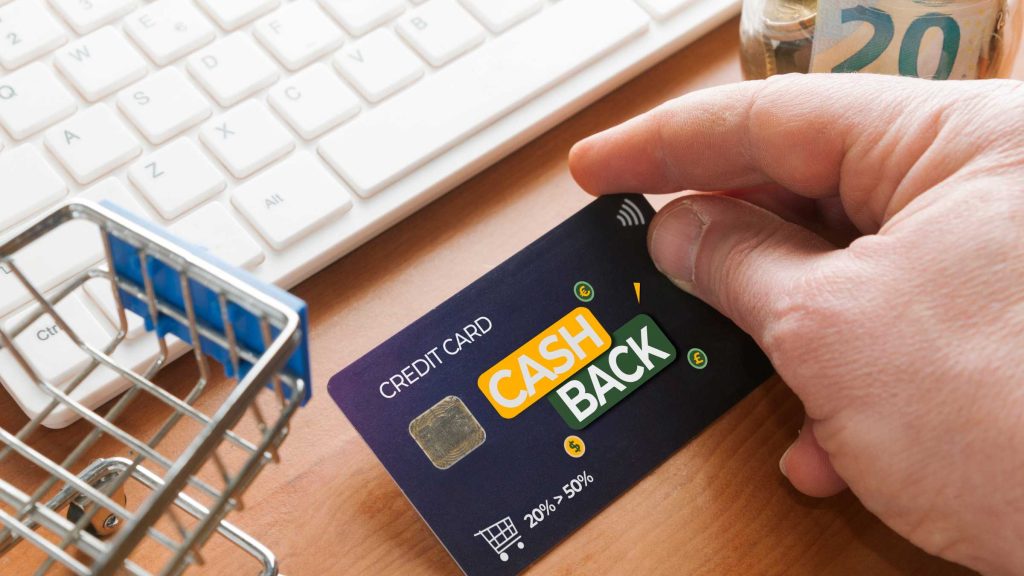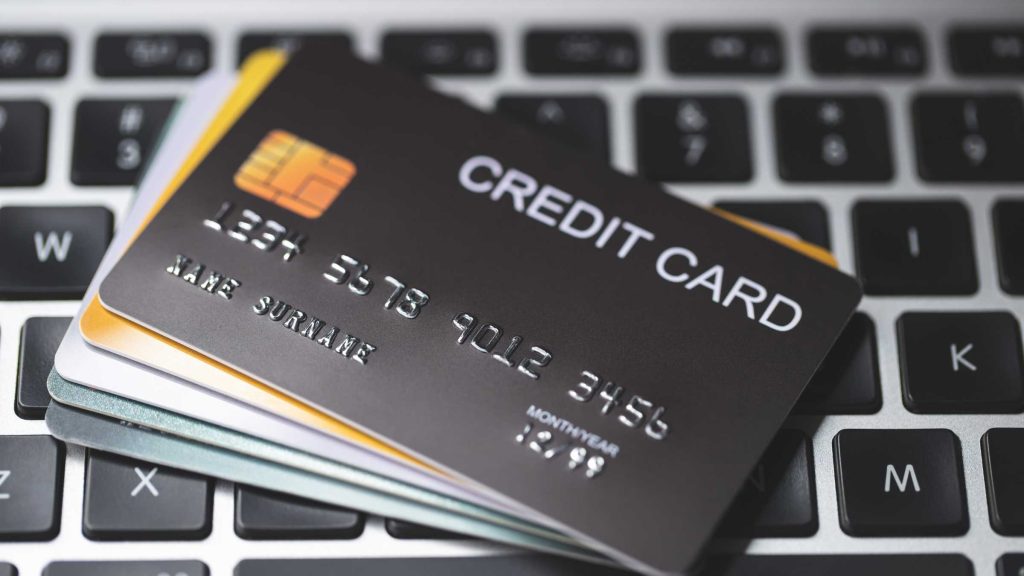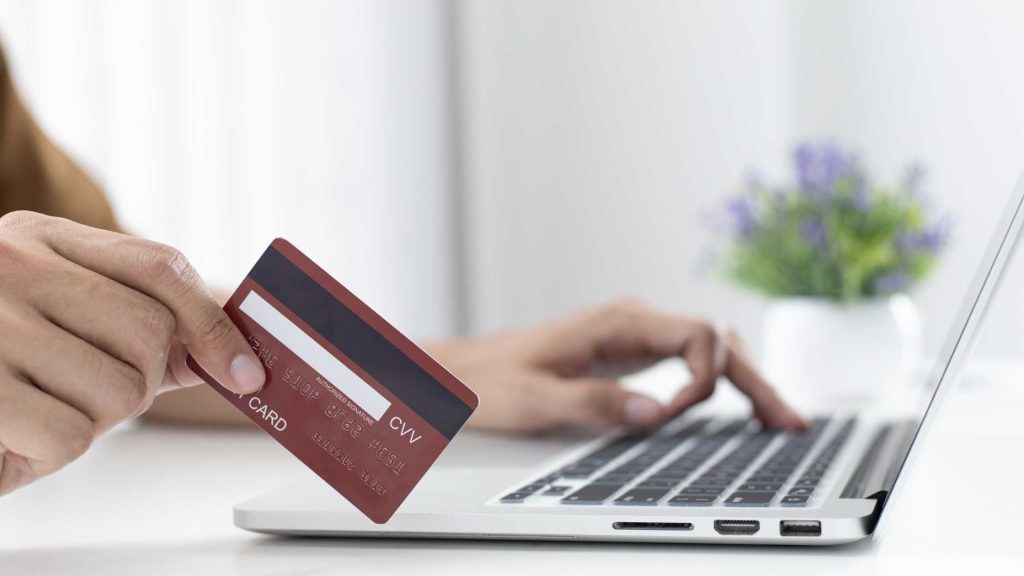How to use a Credit Card Smartly ? : Comprehensive Guide 2025
Use a Credit Card Smartly : Credit cards, those ubiquitous pieces of plastic, have become an integral part of modern financial life. They offer convenience, purchasing power, and the potential for rewards. However, like any powerful tool, they can be misused, leading to debt, financial stress, and a damaged credit score.
Table of Contents
Understanding how to wield a credit card smartly is crucial for harnessing its benefits while mitigating its risks. This essay will delve into the multifaceted strategies for responsible credit card usage, encompassing budgeting, spending habits, payment management, reward optimization, security awareness, and proactive credit monitoring.
I. Laying the Foundation: Choosing the Right Card and Understanding Its Terms

The journey to smart credit card usage begins even before the first swipe. Selecting the appropriate credit card for your individual needs and financial habits is paramount. The market is flooded with options, each boasting different features and benefits. A careful evaluation based on your spending patterns and financial goals is essential.
Read more: Empowering Small Traders with Financial Assistance : A Comprehensive Guide 2025
- Identify Your Needs: Are you a frequent traveler seeking travel rewards like airline miles or hotel points? Do you prioritize cashback on everyday purchases like groceries and gas? Or are you looking for a low-interest card to finance a large purchase over time? Understanding your primary needs will help narrow down the options.
- Compare Interest Rates (APR): The Annual Percentage Rate (APR) is the cost of borrowing money on your credit card. If you anticipate carrying a balance, a card with a low APR is crucial to minimize interest charges. Different APRs may apply for purchases, balance transfers, and cash advances, so understand the terms for each.
- Evaluate Fees: Credit cards can come with various fees, including annual fees, late payment fees, over-limit fees, foreign transaction fees, and cash advance fees. Carefully review the fee structure and choose a card with minimal or no fees that align with your usage.
- Explore Rewards Programs: Many credit cards offer rewards such as cashback, points, or miles for every dollar spent. Understand the redemption value and limitations of these rewards. Ensure the rewards align with your spending habits and are realistically attainable. For example, travel rewards are only beneficial if you travel frequently.
- Consider Introductory Offers: Some cards offer enticing introductory bonuses, such as a 0% APR for a limited period or a sign-up bonus after meeting a spending threshold. While these can be attractive, focus on the long-term benefits and the standard terms after the introductory period ends.
- Read the Fine Print: The Cardmember Agreement contains all the crucial details about your credit card, including interest rates, fees, rewards programs, and terms and conditions. Take the time to read and understand this document before activating your card. Pay close attention to clauses regarding changes in terms and conditions.
Once you have chosen a credit card, understanding its specific terms is vital for responsible usage. Know your credit limit, the minimum payment due, the payment due date, and the consequences of late or missed payments. Familiarize yourself with the grace period, which is the time between the end of your billing cycle and the payment due date, during which you can avoid interest charges if you pay your balance in full.
II. The Art of Mindful Spending: Budgeting and Tracking Expenses

Smart credit card usage is inextricably linked to sound budgeting and diligent expense tracking. A credit card should ideally be a tool for convenience and managing cash flow, not a license to overspend.
- Create a Realistic Budget: Develop a comprehensive budget that outlines your income and expenses. Allocate specific amounts for various categories like housing, food, transportation, entertainment, and debt repayment. This provides a framework for your spending and helps you understand how a credit card fits into your overall financial picture.
- Track Your Credit Card Spending: Regularly monitor your credit card transactions. Most credit card issuers offer online portals or mobile apps that allow you to track your spending in real-time. Categorize your expenses to identify spending patterns and areas where you might be overspending.
- Differentiate Needs from Wants: Before making a purchase with your credit card, consciously distinguish between essential needs and discretionary wants. Delay gratification for non-essential items and evaluate if the purchase aligns with your budget and financial goals.
- Avoid Impulse Purchases: Credit cards can make it easy to succumb to impulse buys. Implement a waiting period before making non-essential purchases to allow yourself time to reconsider. This can help prevent unnecessary debt accumulation.
- Utilize Credit Card Alerts and Notifications: Set up alerts for exceeding spending limits or upcoming payment due dates. These notifications can help you stay on track and avoid potential fees or negative impacts on your credit score.
- Be Wary of Minimum Payments: While making the minimum payment avoids late fees, it can trap you in a cycle of debt due to the accrual of interest on the remaining balance. Aim to pay more than the minimum whenever possible, ideally the full statement balance.
III. Mastering Payment Management: Timeliness and Full Repayment
Consistent and timely payment is the cornerstone of smart credit card usage. It not only avoids late fees and interest charges but also significantly impacts your credit score.
- Prioritize Paying in Full: The most effective way to use a credit card smartly is to pay the full statement balance by the due date every month. This allows you to take advantage of the interest-free grace period and avoid incurring any interest charges.
- Set Up Automatic Payments: To ensure you never miss a payment, consider setting up automatic payments from your bank account. You can choose to pay the minimum amount, the statement balance, or a custom amount. Regularly review your automatic payment settings to ensure sufficient funds are available.
- Understand the Payment Due Date and Cut-off Time: Be aware of the exact payment due date and the cut-off time by which your payment must be received to be considered on time. Allow sufficient time for processing, especially if making payments through mail or online transfers.
- Avoid Making Only Minimum Payments: While it might seem manageable in the short term, consistently paying only the minimum amount will significantly increase the total interest paid and prolong the debt repayment period. It’s a costly habit that should be avoided.
- Communicate with Your Issuer if Facing Financial Difficulties: If you anticipate difficulty making a payment, contact your credit card issuer immediately. They may be able to offer solutions such as a temporary hardship program or a modified payment plan. Ignoring the issue can lead to more severe consequences.
IV. Unlocking the Rewards: Strategic Optimization
For those who choose reward-based credit cards, understanding how to optimize these benefits is part of smart usage. However, remember that rewards should be a secondary benefit, not the primary reason for overspending.
- Align Spending with Reward Categories: Many reward cards offer bonus rewards in specific spending categories, such as dining, travel, or groceries. Strategically use your card for purchases that fall within these bonus categories to maximize your earnings.
- Understand Redemption Options and Values: Familiarize yourself with the various ways you can redeem your rewards (e.g., cashback, gift cards, travel, merchandise) and the corresponding redemption values. Choose the options that provide the most value to you.
- Be Aware of Point Expiration and Redemption Deadlines: Some rewards programs have expiration dates for accumulated points or deadlines for redemption. Keep track of these dates to avoid losing your hard-earned rewards.
- Avoid Overspending to Earn Rewards: The allure of rewards should not lead to unnecessary spending. Only make purchases you would have made anyway to earn rewards effectively. The cost of interest incurred from carrying a balance will likely outweigh any rewards earned.
- Consider the Annual Fee vs. Rewards Value: If your rewards card has an annual fee, carefully evaluate whether the value of the rewards you typically earn exceeds the cost of the fee. If not, a no-annual-fee card might be a better option.
V. Safeguarding Your Financial Information: Security Awareness

Protecting your credit card information is a crucial aspect of smart usage in today’s digital age. Fraudulent activity can lead to significant financial losses and damage your credit score.
- Keep Your Card Secure: Treat your credit card like cash. Avoid sharing your card details with anyone you don’t trust. Store your card in a safe place and report a lost or stolen card immediately to your issuer.
- Be Cautious Online: When making online purchases, ensure the website is secure (look for “https://” in the URL and a padlock icon). Be wary of suspicious emails or websites asking for your credit card information. Never share your PIN or CVV number through email or unsecure channels.
- Monitor Your Statements Regularly: Review your credit card statements carefully for any unauthorized transactions. Report any suspicious activity to your issuer immediately. Most issuers have zero-liability policies for fraudulent charges.
- Be Mindful of Skimming Devices: Be cautious when using ATMs or point-of-sale terminals in unfamiliar locations. Look for any signs of tampering or unusual attachments that could be skimming devices designed to steal your card information.
- Use Strong Passwords and Enable Two-Factor Authentication: Secure your online credit card accounts with strong, unique passwords and enable two-factor authentication whenever available for an added layer of security.
- Shred Unwanted Documents: Properly shred any credit card statements, offers, or other documents containing your account information before discarding them.
VI. Proactive Credit Management: Monitoring and Responsible Behavior
Smart credit card usage extends beyond individual transactions and payments. It involves actively managing your credit health and understanding how your credit card activity impacts your credit score.
- Understand Your Credit Score: Your credit score is a three-digit number that reflects your creditworthiness. It is a crucial factor in obtaining loans, mortgages, and even renting an apartment. Responsible credit card usage, including timely payments and keeping your credit utilization low, contributes positively to your credit score.
- Keep Your Credit Utilization Low: Credit utilization is the amount of credit you are using compared to your total credit limit. Experts recommend keeping your credit utilization below 30%, and ideally below 10%. High credit utilization can negatively impact your credit score.
- Avoid Opening Too Many Accounts Too Quickly: While having multiple credit cards can be beneficial for managing different spending categories or maximizing rewards, opening too many accounts in a short period can lower your average account age and potentially raise red flags for lenders.
- Be Cautious with Balance Transfers: Balance transfers can be a useful tool for consolidating debt and potentially lowering interest rates. However, be aware of any balance transfer fees and the introductory APR period. Ensure you have a plan to pay off the transferred balance before the promotional period ends.
- Avoid Cash Advances: Cash advances on credit cards typically come with high interest rates and fees, and they often do not have a grace period. They should generally be avoided unless it’s a dire emergency.
- Review Your Credit Report Regularly: Obtain a free copy of your credit report from each of the major credit bureaus (Equifax, Experian, TransUnion) at least once a year and review it for any errors or inaccuracies. Dispute any errors you find promptly.
VII. Recognizing and Avoiding the Pitfalls of Misuse
Understanding the common pitfalls of credit card misuse is essential for steering clear of financial trouble.
- Living Beyond Your Means: Using a credit card to fund a lifestyle you cannot afford is a recipe for debt accumulation. Stick to your budget and avoid using your credit card for purchases you cannot realistically repay.
- Relying on Credit Cards for Everyday Expenses: While convenient, relying heavily on credit cards for everyday expenses without a clear plan for repayment can lead to a growing balance and interest charges.
- Ignoring Statements and Balances: Failing to regularly review your credit card statements and track your outstanding balance can lead to missed payments, late fees, and a snowballing debt problem.
- Treating Credit as “Free Money”: It’s crucial to remember that credit card spending is borrowing money that needs to be repaid, often with interest. Avoid the mindset that your credit limit represents free funds.
- Using Multiple Cards Irresponsibly: Managing multiple credit cards requires discipline and organization. Failing to track balances and payment due dates for multiple cards can increase the risk of missed payments and overspending.
- Falling for Minimum Payment Traps: As mentioned earlier, consistently paying only the minimum amount can significantly prolong debt repayment and lead to substantial interest charges.
Conclusion: Embracing Responsible Plastic Power

Using a credit card smartly is not about avoiding them altogether but rather about understanding their mechanics, managing them responsibly, and leveraging their benefits strategically. It requires a conscious effort to budget effectively, spend mindfully, pay diligently, optimize rewards intelligently, prioritize security vigilantly, and monitor credit proactively.
Buy Now : Options Trading Master Class
By adopting these principles, individuals can transform their credit cards from potential debt traps into valuable financial tools that offer convenience, rewards, and the opportunity to build a strong credit history. Ultimately, smart credit card usage is a reflection of sound financial habits and a commitment to long-term financial well-being. It’s about navigating the plastic maze with awareness, discipline, and a clear understanding of the power and potential pitfalls that lie within. Sources and related content
Keywords : Use a Credit Card Smartly – Use a Credit Card Smartly 2025 – Use a Credit Card Smartly Now , Use a Credit Card Smartly in India – Use a Credit Card Smartly steps – Use a Credit Card Smartly today



